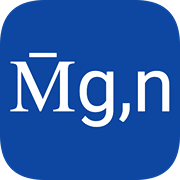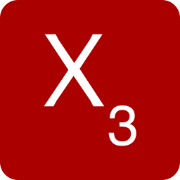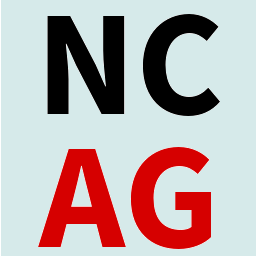interactive
I have a healthy interest in using computers for mathematics, in different ways.
Online mathematics
I've created interactive classifications:

fanography.info
a tool to visually study the geography of Fano 3-folds
grassmannian.info
a periodic table of (generalised) Grassmannians
hyperkaehler.info
the geography of irreducible holomorphic symplectic (or hyperkähler) varieties
mgnbar.info
the geometry of $\overline{\mathrm{M}}_{g,n}$
superficie.info
interactive geography of (minimal) complex algebraic smooth surfaces
cubics.fanography.info
cubic fourfolds and their associated K3 surfaces
I also maintain the (infrastructure for) the following websites:
-
stacks.math.columbia.edu
an open source textbook and reference work on algebraic geometry 
ncag.info
a website for things related to noncommutative algebraic geometry
kerodon.net
an online resource for homotopy-coherent mathematics
Computational mathematics
I've implemented the following (hopefully useful) tools:
 Hodge diamond cutter
Hodge diamond cutter
a tool to work with Hodge diamonds, comes with many varieties and constructions built into it QuiverTools
QuiverTools
a toolset to work with quivers and moduli of quiver representations- HomogeneousTools
a toolset to work with sheaf cohomology on partial flag varieties and zero sections inside them twisted-hodge-hilbert, Sage library to compute twisted Hodge numbers of Hilbert schemes of pointstwisted-hodge-ci, Sage library to compute twisted Hodge numbers of complete intersections, joint with Piet Glas
Tools
gerby-project, the system underlying the Stacks project, Kerodon, and other large online mathematical textsbibgetter, automatically resolve MathSciNet and arXiv identifiers in LaTeX for bibliography management
Various
I also have smaller (and older) projects:
An atlas for $\mathop{\mathrm{Spec}}\mathbb{Z}[x]$, a collection of pictures for the geometric intuition behind $\mathop{\mathrm{Spec}}\mathbb{Z}[x]$
comparison of topologies on $\mathrm{Sch}/S$, an incomplete comparison of all the Grothendieck topologies on the category of schemes I could find, together with their properties
cohomology of twists of the structure sheaf and Hodge diamonds for complete intersections: in the case of a complete intersection it is not too difficult to compute the dimensions of the cohomology spaces of (twists of) the structure sheaf, thereby visualising Serre duality, and similarly one can compute the Hodge diamond
-

3d version of Conway's Game of life, an unfinished visualisation project (see also the blogpost); the code is open-source and you can have a go at implementing a GUI!